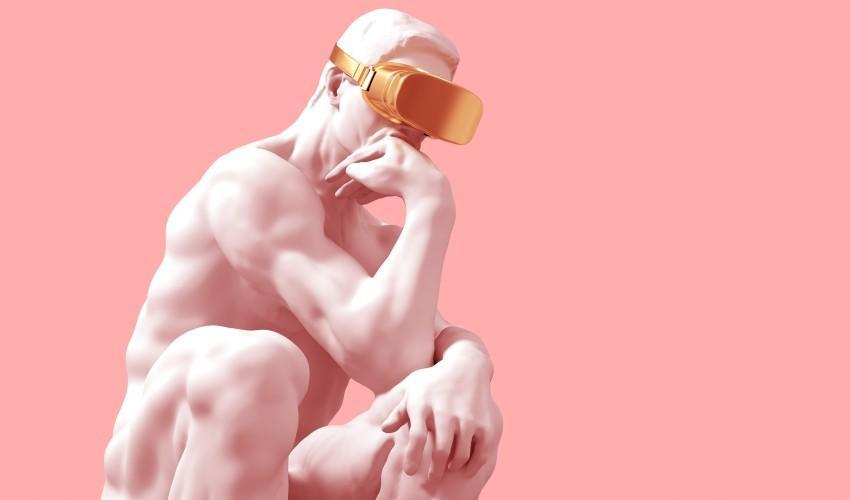
How Covid Risk and Technology Favor Virtual Tours of Museums
AN EXPERIMENT BY ANASTASIA NANNI AND AULONA ULQINAKU SHOWS THAT INTERACTIVE VIRTUAL TOURS CAN IMPROVE PEOPLE'S ATTITUDES TOWARDS CULTURAL INSTITUTIONS IN TIMES OF COVIDVirtual tours won’t save the day for tourism destinations struggling with the consequences of the COVID-19 pandemic, but an experiment conducted by Anastasia Nanni (Bocconi) and Aulona Ulqinaku (University of Leeds) for the COVID Crisis Lab shows that they could improve people’s attitudes towards an attraction. In particular, an interactive virtual tour of a museum, as opposed to non-interactive virtual tours, has proved to engage technology-minded people and to increase their willingness to pay for the service and donate to the museum.
The COVID-19 pandemic represents a mortality threat that affects people’s behavior by lowering life-satisfaction, well-being and self-esteem. In such predicaments, people have more positive attitudes towards brands or products that provide them with relief from mortality threats. In an experiment with 296 US participants, Nanni and Ulqinaku asked them how they felt about the life-threatening situation related to the spread of Covid-19 and the importance of technology adoption for their self-esteem. Then they showed innovative (interactive) virtual tours of New York’s MET to part of their sample and less innovative virtual tours to the rest. If technology innovation adoption is important to one’s self-esteem, the argument goes, and given the importance of the latter to mitigate mortality threats, interactive virtual tours should result in more positive attitudes towards the museum offering.
As mortality threat and importance of technological adoption to self-esteem increase, in fact, participants are more willing to pay for an interactive virtual tour or a 360-degree virtual tour versus a static, non-interactive one and they are also more willing to donate to the museum. On the contrary, no statistically significant effect is found on intentions to visit the museum once the Covid-19 lockdown policies are relaxed. A possible explanation could be that consumers may be scared to attend touristic places immediately after the end of the emergency.
Anastasia Nanni, Aulona Ulqinaku, “Mortality Threats and Technology Effects on Tourism”, in press, Annals of Tourism Research, available online, DOI: 10.1016/j.annals.2020.102942.
by Fabio Todesco
